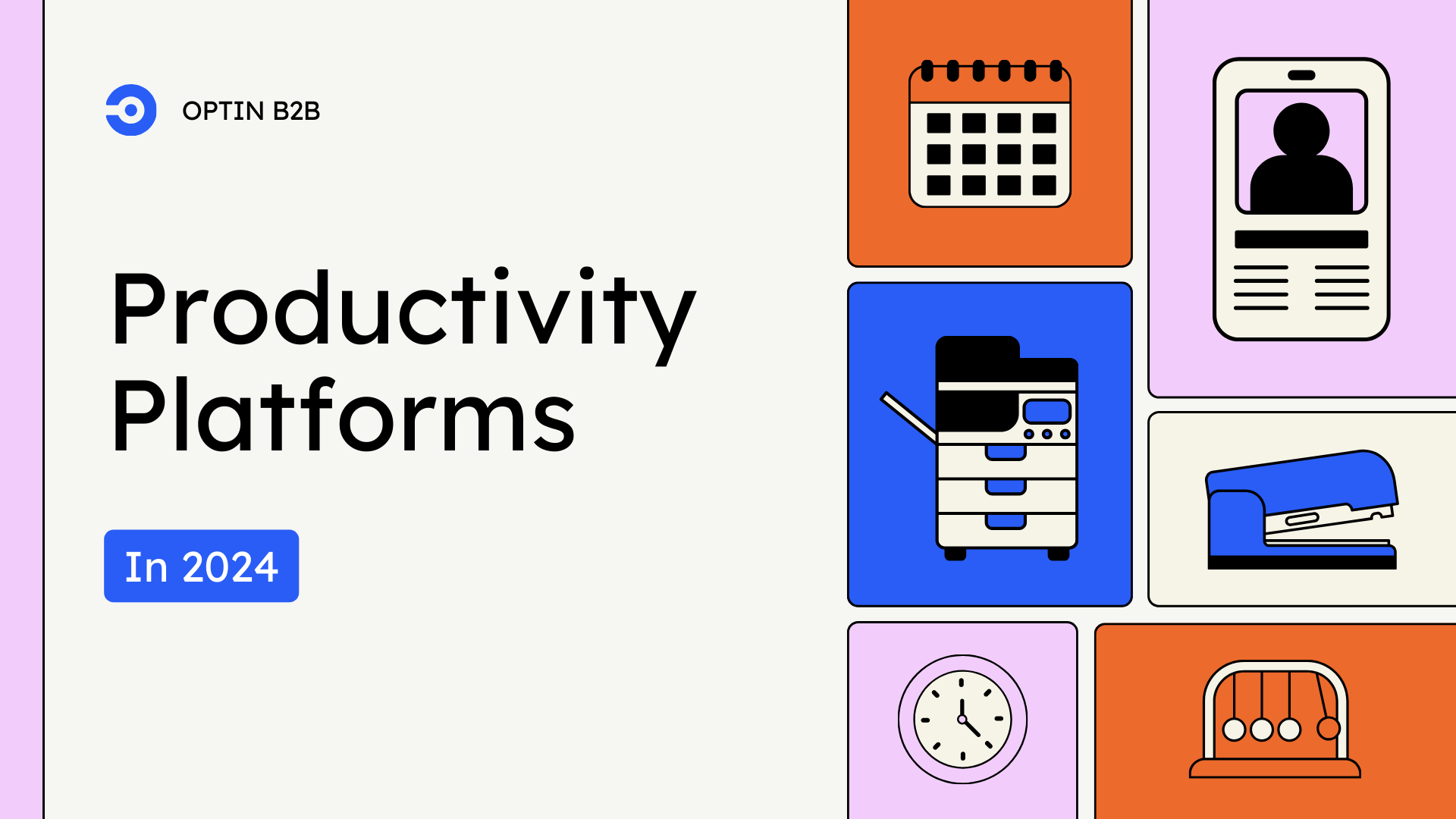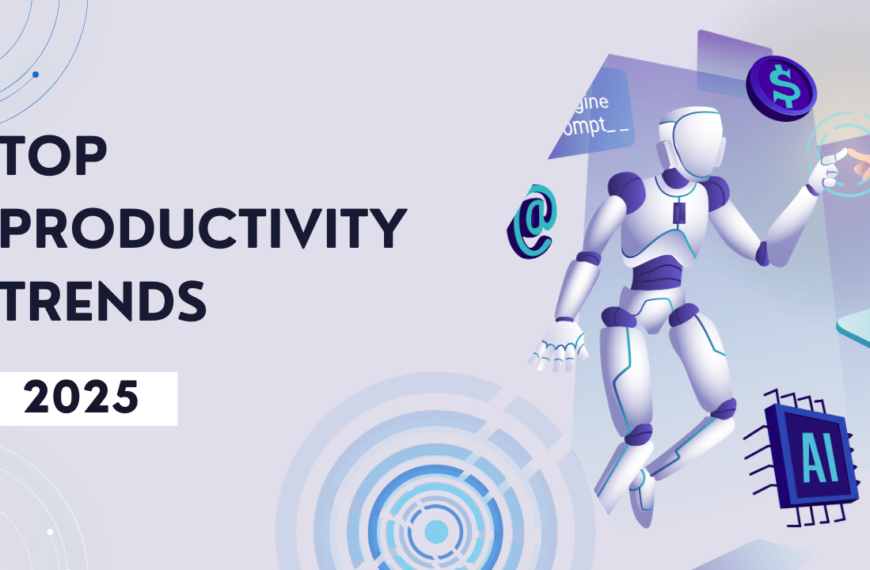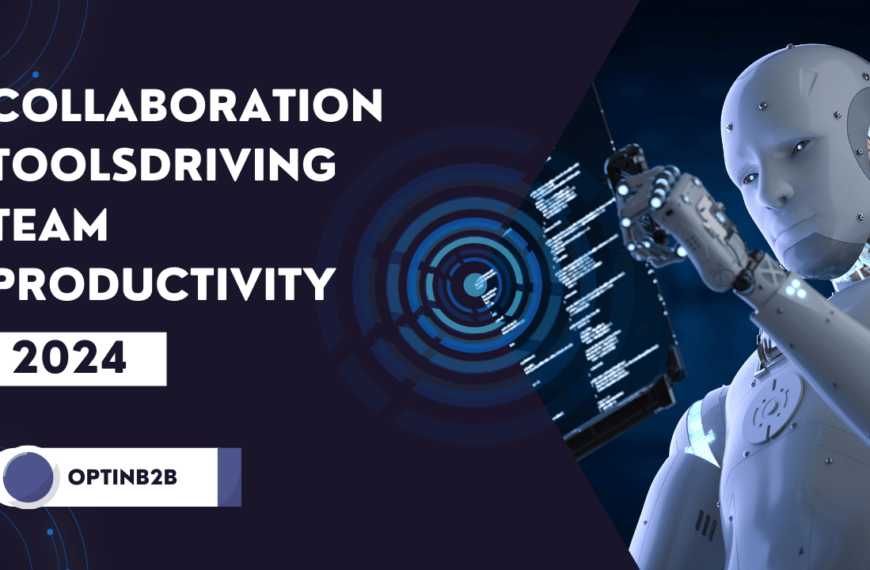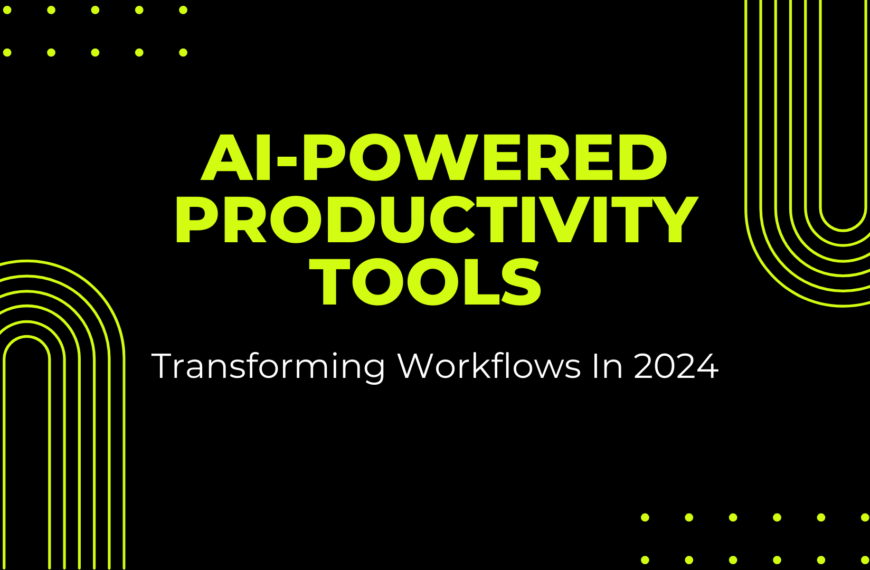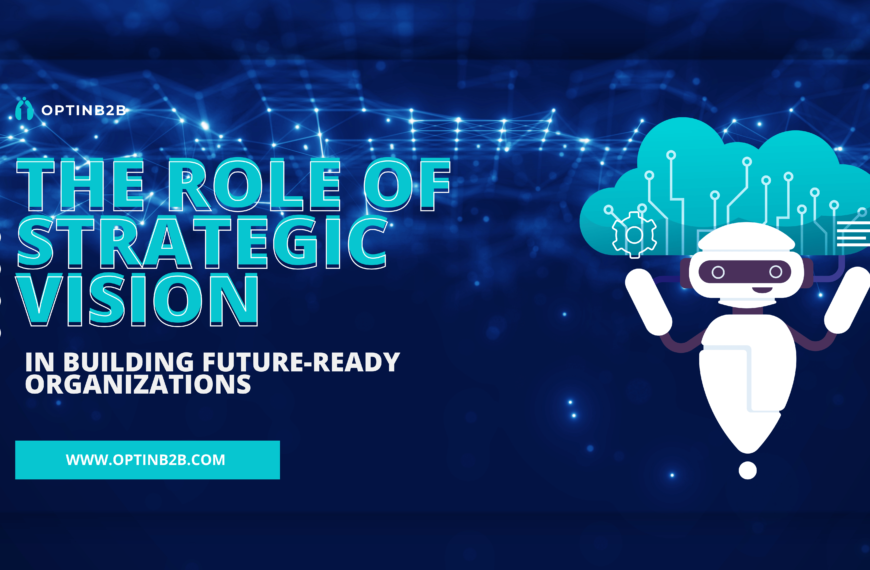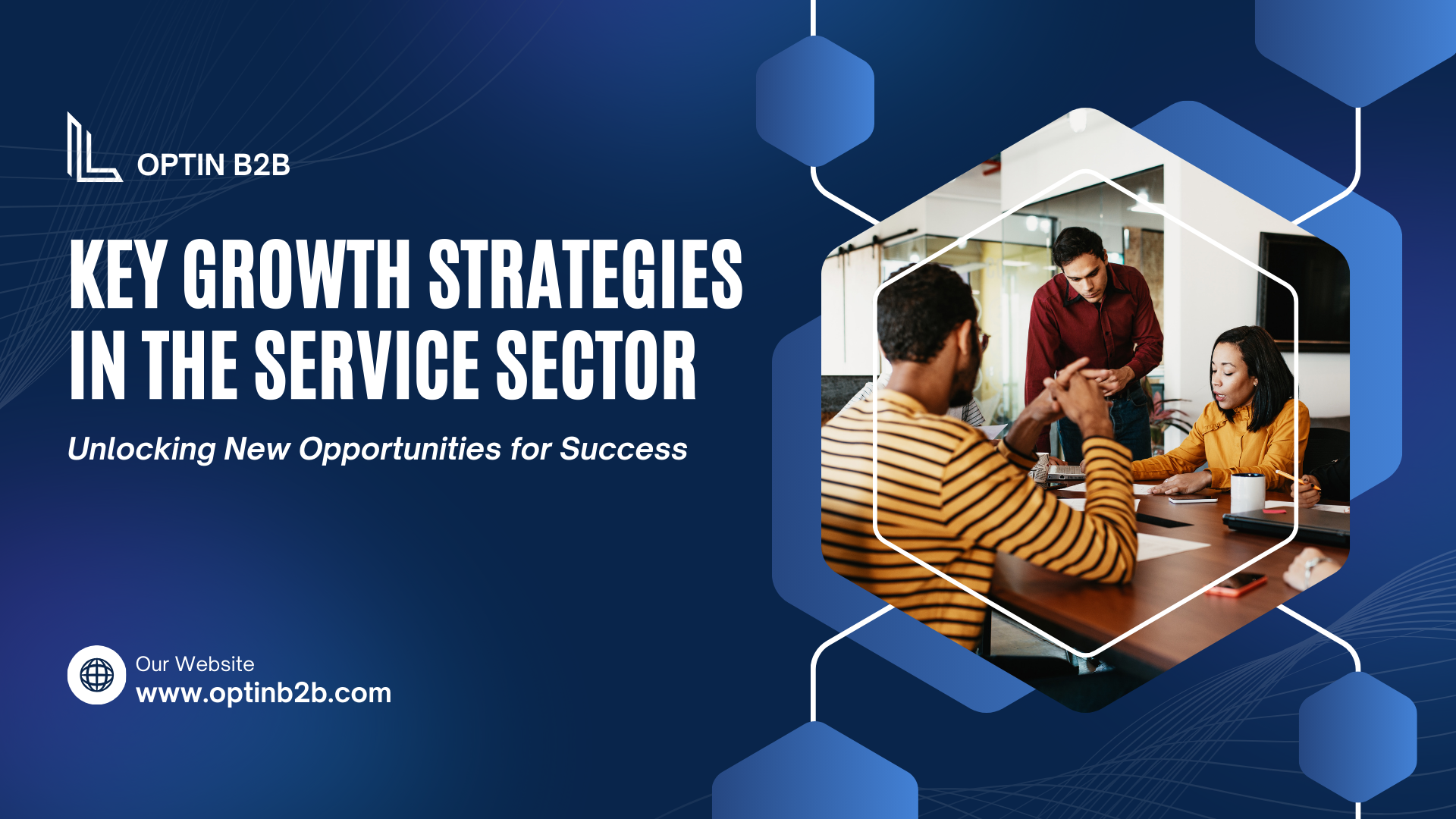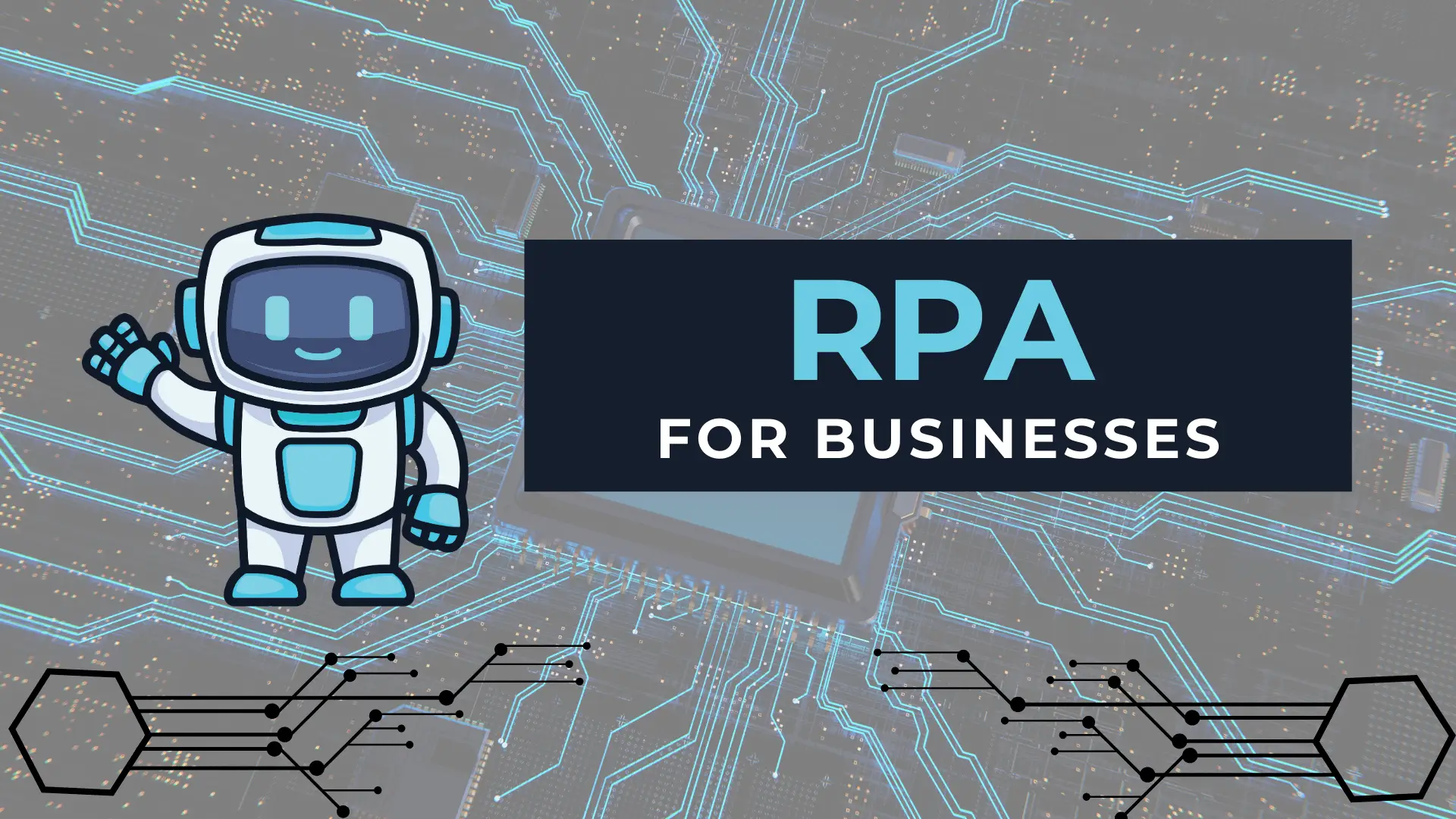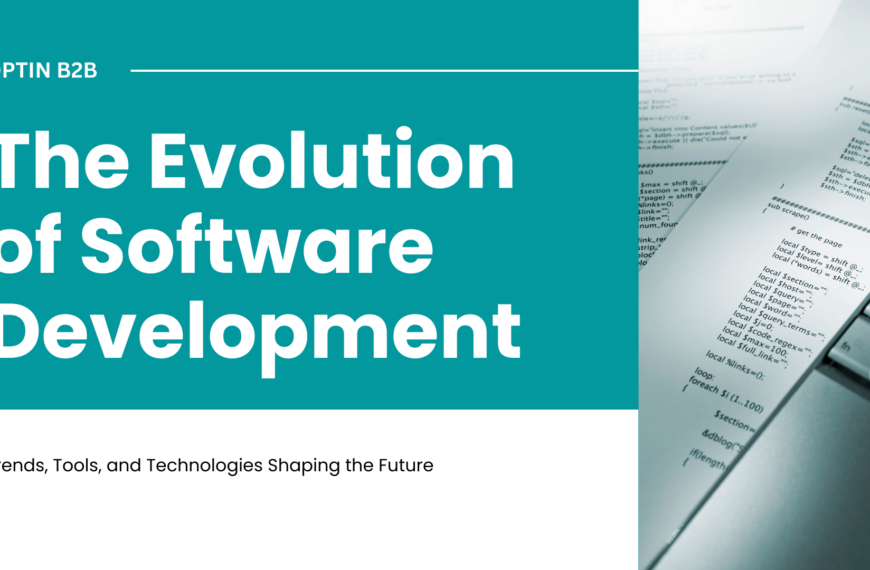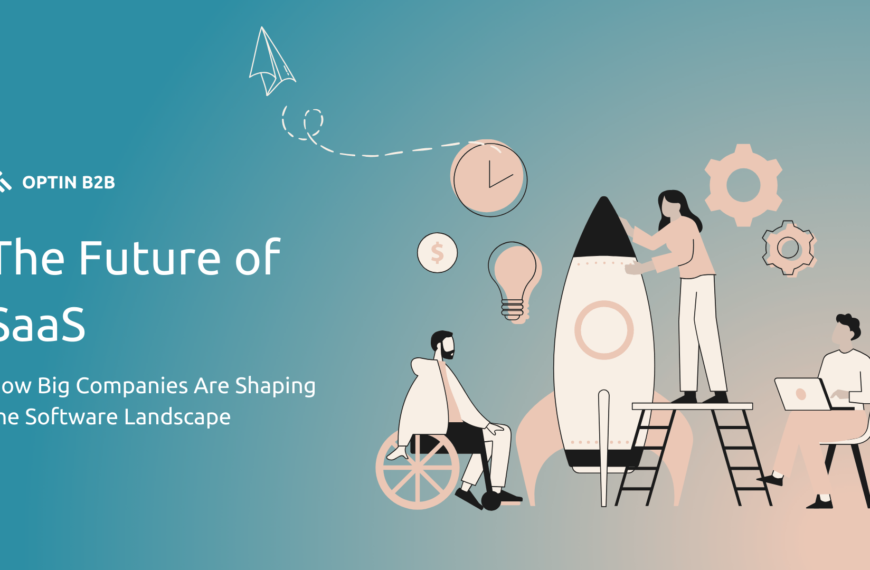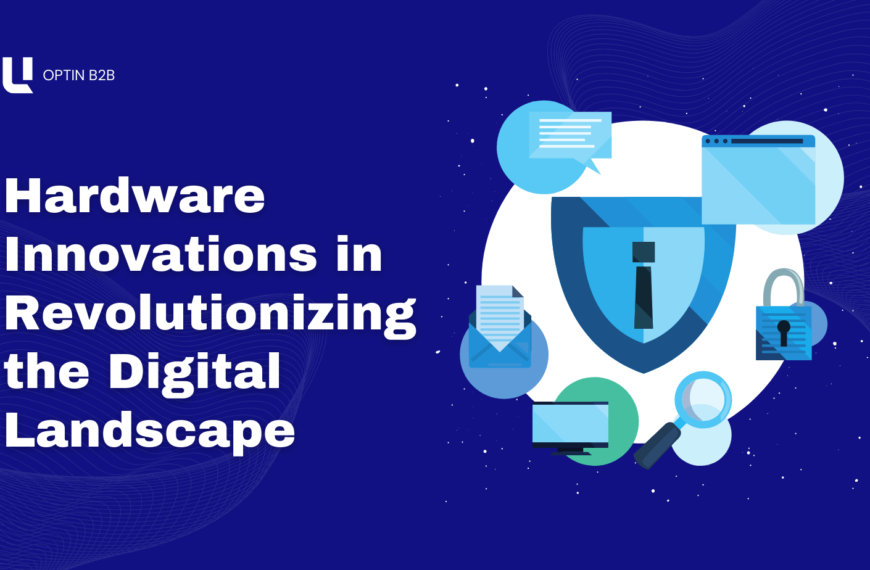In 2024, businesses are increasingly relying on integrated productivity platforms that centralize multiple tools into one seamless system. Industry giants like Microsoft with its Microsoft 365 suite and Google with Google Workspace lead the charge, offering tightly connected tools for email, calendars, collaborative documents, and task management. These platforms provide a unified experience, minimizing the friction between different applications.
Startups are also contributing to this shift. Notion, a rising star, combines note-taking, project management, and team collaboration into a single interface, streamlining workflows for growing businesses. Similarly, Asana has introduced AI capabilities, such as automated project updates and smart task prioritization, which help organizations optimize their resources.
These platforms focus heavily on enhancing team collaboration. Tools like Slack, with new integrations for CRM systems like Salesforce, enable smooth communication between teams while keeping essential project details readily accessible. This has proven vital for hybrid and remote work environments, where traditional methods often fall short.
Security and compliance are also at the forefront of these platforms. For instance, Google Workspace has implemented advanced data protection features, ensuring businesses can operate securely in a digital-first world. This emphasis on security is helping companies confidently transition to cloud-based productivity solutions.
As these tools evolve, businesses that adopt integrated productivity platforms are reaping benefits such as increased employee satisfaction, streamlined workflows, and improved overall productivity, giving them a significant edge in competitive markets.

